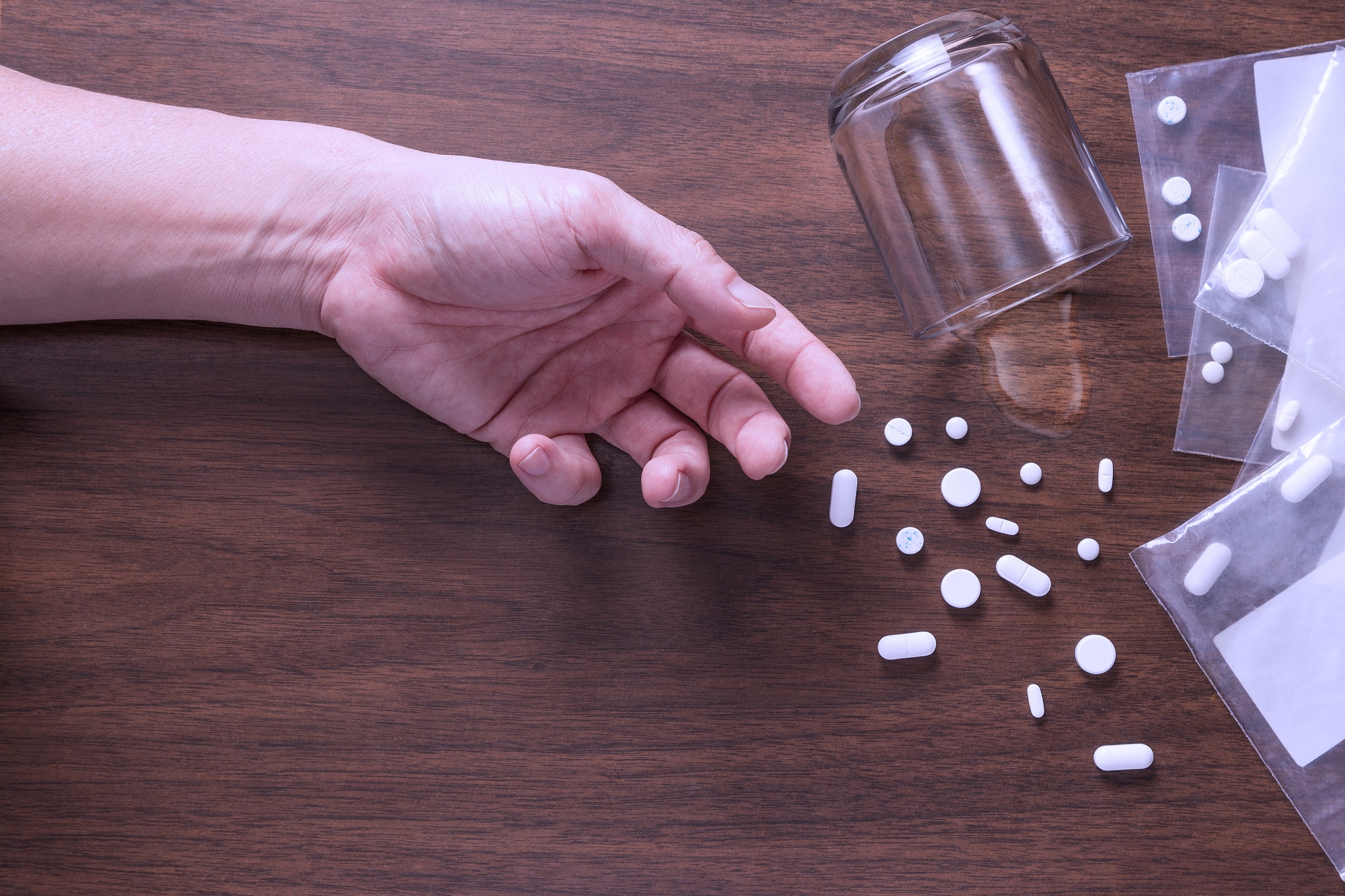
Alcohol is a common way to celebrate, relax, and bond with others. But when alcohol consumption becomes harmful, it can affect every aspect of your life. Alcohol use disorder (AUD) does just that for over 14.5 million people every year.
Recognizing that you have a problem is a big step. And seeking help can be a major turning point in your life. Keep reading to learn why overcoming your addiction is crucial and how an alcohol rehabilitation center can help.
Signs You Should Consider Rehab
Alcohol use disorder includes periods of heavy drinking and alcohol withdrawal. Both phases have recognizable symptoms. But people who struggle with AUD are often in denial about their behavior.
You may have AUD if you experience any of the following:
- No control over alcohol intake
- Unsuccessful attempts at quitting
- Focusing too much time and money on drinking
- Experiencing cravings for alcohol
- Struggling at work or school due to alcohol
- Isolating from friends and family
- Giving up hobbies to focus on drinking
- Developing a tolerance
Many people with AUD continue to drink even after encountering these symptoms. They may even engage in risky behavior while drinking, like swimming or driving. Many people try to quit and experience withdrawal symptoms like the following:
- Nausea
- Sweating
- Shaking
- Brain fog
- Anxiety
- Depression
- Nightmares
- Insomnia
If this sounds like you, then getting help is the best thing you can do for yourself. An alcohol treatment center can guide you through detox, therapy, and recovery.
How to Get Help for an Alcohol Addiction
Alcohol has some of the lowest addiction treatment rates because seeking support can be difficult. Only about 10% of people with AUD ever pursue treatment for their addiction. Many people fear the process, some don’t know how to access help, and others remain in denial.
If you’re ready to take the plunge, you can get help through many avenues, including the following:
- Your primary care professional
- A mental health professional
- A treatment center
- Alcohol addiction hotlines
- Hospitals and clinics
- Family and friends
Any of these individuals or facilities can direct you to the right resources. Regardless of how you get there, an alcohol rehab center is the best place to treat an addiction.
The Benefits of Quitting
Quitting drinking has many physical, mental, and social benefits. The WHO estimates that disordered drinking is a risk factor for 200 diseases and illnesses alone! Some other physical health benefits of overcoming AUD include the following:
- A healthier heart and liver
- Lower risk of cancer, dementia, and stroke
- Healthier skin and hair
- Weight loss
- Better immunity
- Improved brain function
- Higher sex drive
Mental health and alcohol also go hand in hand. Studies show that 50% of the people who experience mental health disorders also struggle with addiction. Treating AUD can lead to:
- Lower risk of depression and anxiety
- Increased self-confidence
- Improved sleep
- Higher motivation
You might see your relationships and social life improve. Getting sober will also reframe your focus so you may get a career boost, go back to school, or set new life goals.
How an Alcohol Treatment Center Can Help You
Some individuals with AUD might underestimate the severity of their addiction. They may think that quitting cold turkey is a good idea or that they can handle the process.
But overcoming addiction alone can pose risks and reduce your success. Receiving treatment at an alcohol rehabilitation center is a safer way to quit.
Medically-Supervised Detox
Withdrawal symptoms during the detoxification process can be severe. Most people experience the typical signs of sweating, shaking, and insomnia. But some run into deadly symptoms like seizures or comas.
A treatment center can handle your detox in a safe, professional way. You’ll receive 24-hour care and medication to lessen the effects of withdrawal. A medically-supervised detox can result in a much higher success rate than doing it alone!
Safety
Rehab programs, especially inpatient treatment, provide a high level of structure and safety. While staying at the facility, access to triggers and outside influences are intercepted. There’s no temptation or risk of relapse while in the facility.
A multidisciplinary team of doctors and psychiatrists is also available at all times. They can look out for warning signs of relapse and prevent any danger to the patient.
Holistic Recovery
Many treatment centers focus on a holistic approach to recovery. They offer nutrition and wellness counseling to help you transition into a healthy lifestyle once you finish rehab. Classes like yoga, meditation, and creative expression complement therapy to help patients heal.
These are integral components of recovery, even though many people don’t realize it! A holistic approach doesn’t just fix addiction; it can help patients restructure their entire life.
Support
Addiction can be isolating, but a rehab center provides support through the hard times. Medical, therapeutic, and peer support are at the core of each program. You’ll have access to an entire team of people rooting for you to succeed!
Group therapy is also an essential part of the support system. The family-like environment fosters emotional bonds and promotes healing. And sharing your story with peers can release old trauma.
Addiction Education
Alcohol abuse is a common coping mechanism for an underlying issue. Through therapy at a rehab center, you can learn more about your addiction, including the following:
- What causes it
- How to identify triggers
- Which coping strategies to use
- How addiction affects you
The alcohol treatment center is an educational experience. You’ll leave with a greater awareness of yourself and how alcohol impacts your life.
Coping Strategies
Treatment methods like cognitive behavioral therapy (CBT) can teach you how to cope with stress and triggers. Lacking healthy coping mechanisms is one of the major reasons for relapse. Through therapy, you’ll learn various strategies to strengthen your recovery.
Relapse Prevention
Many rehab centers offer relapse prevention programs to successful patients. A case manager may contact you for daily updates, or you might continue with therapy after leaving. Transition programs are common ways to help set you up for future success.
Start Your Alcohol Rehabilitation Today
Getting help for alcohol addiction can be a complex, emotional process. But if you’re ready to get treatment, asking for help is the first step. Alcohol rehabilitation isn’t something anyone should attempt alone and expect to succeed.
At Apex Recovery, we can help you create a personalized treatment plan. Reach out to us today, and we’ll guide you down the path to sobriety!






